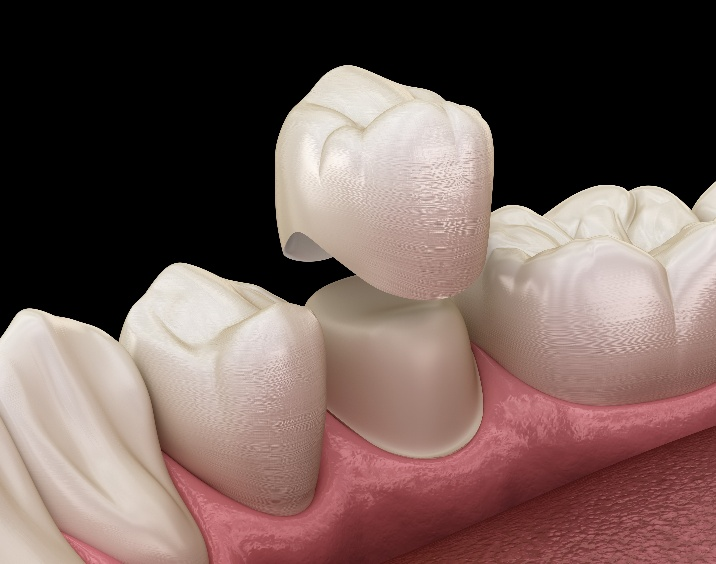
Dental crowns are a versatile and essential component of modern dentistry, designed to restore and enhance the function and appearance of damaged or compromised teeth. Whether a patient is dealing with decay, fracture, or prior dental work, crowns provide a durable solution that can withstand the pressures of daily use. With advancements in materials and technology, today’s crowns can closely mimic the natural look and feel of teeth, making them an increasingly popular option for both restorative and cosmetic purposes.
This article explores the different types of dental crowns available, the indications for their use, and the benefits they can provide. From traditional materials like porcelain and metal to newer options such as ceramic, understanding the choices can help patients make informed decisions about their dental health. Additionally, we will discuss the process of receiving a crown, potential care tips, and the importance of consulting with a qualified dental professional to determine the best approach for individual needs.
Types of Dental Crowns
Dental crowns come in various materials, each suited for different clinical situations. Porcelain crowns are often favored for their aesthetic appeal, closely resembling the translucence and color of natural teeth, making them ideal for front teeth. On the other hand, metal crowns—such as those made from gold or base metals—offer superior strength and durability, making them suitable for back teeth that endure significant chewing forces. In recent years, ceramic crowns have gained popularity due to their ability to provide both strength and a natural appearance. For those exploring options, consulting resources like Top Dental Crowns Rockville can enhance understanding and assist in making informed choices about dental crown selection.

Receiving and Caring for Crowns
The process of receiving a dental crown typically involves multiple visits, starting with an initial consultation where the dentist evaluates the tooth and determines the crown’s material. Once the preparation is complete, an impression is taken to ensure a proper fit, followed by the temporary placement of the crown while the permanent one is crafted. After placement, it’s important to care for the crowned tooth by maintaining good oral hygiene and scheduling regular dental check-ups. This not only helps to prolong the life of the crown but also ensures ongoing oral health. Crowns can last many years when well-cared for, making them a valuable investment in dental health.
In conclusion, dental crowns serve as a vital option for those seeking to restore both functionality and aesthetics to their teeth. Understanding the various types of crowns available and the specifics of the treatment process empowers patients to make informed choices tailored to their unique dental needs. Whether it’s the strength of metal crowns, the beauty of porcelain, or the versatility of ceramic options, each material has its benefits suited for different situations. With proper care and regular dental visits, crowns can provide lasting results and significantly enhance overall oral health. Investing in a dental crown not only resolves current dental issues but also safeguards the future of your smile, making them an essential consideration in comprehensive dental care.


